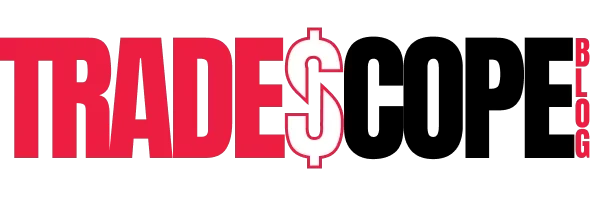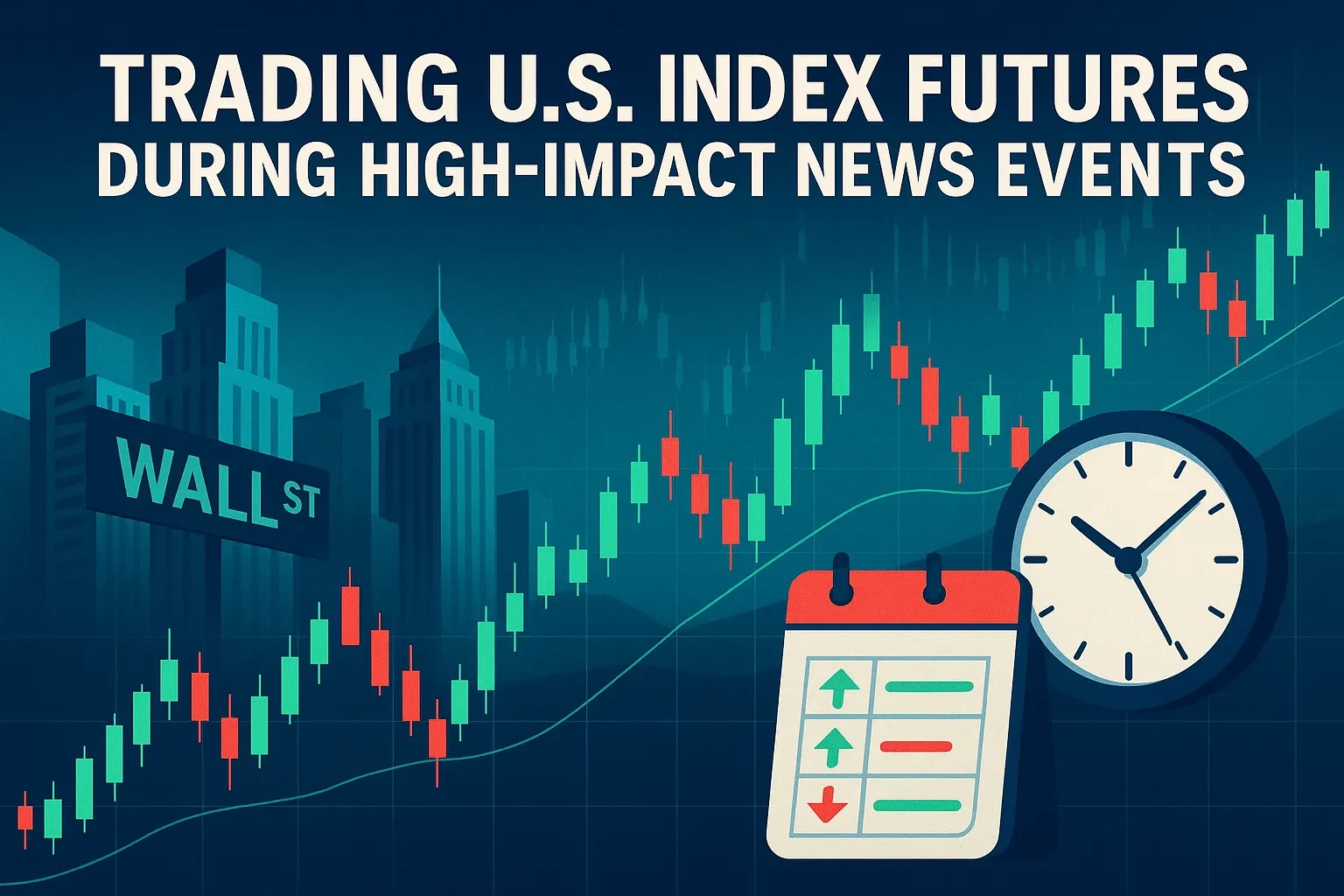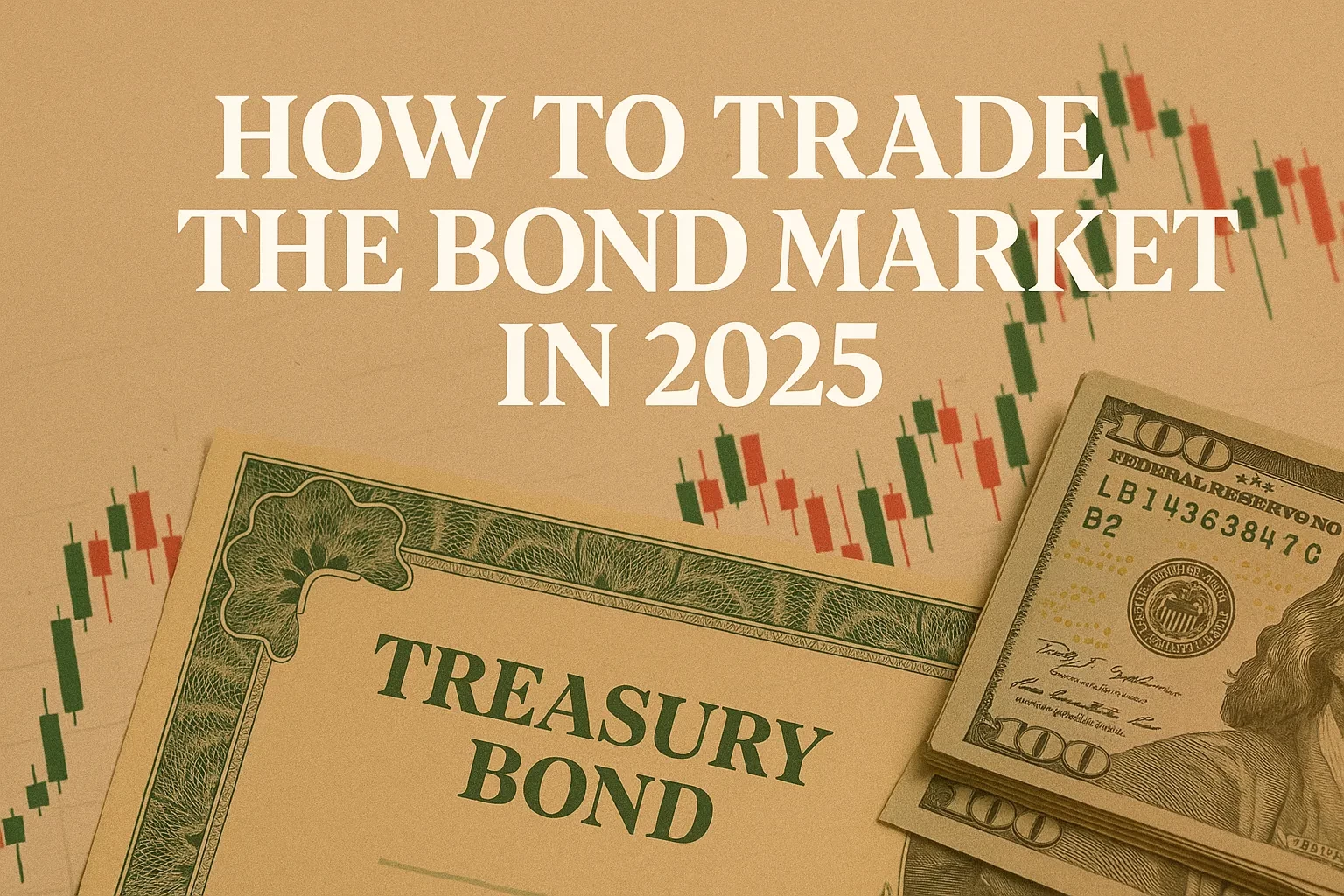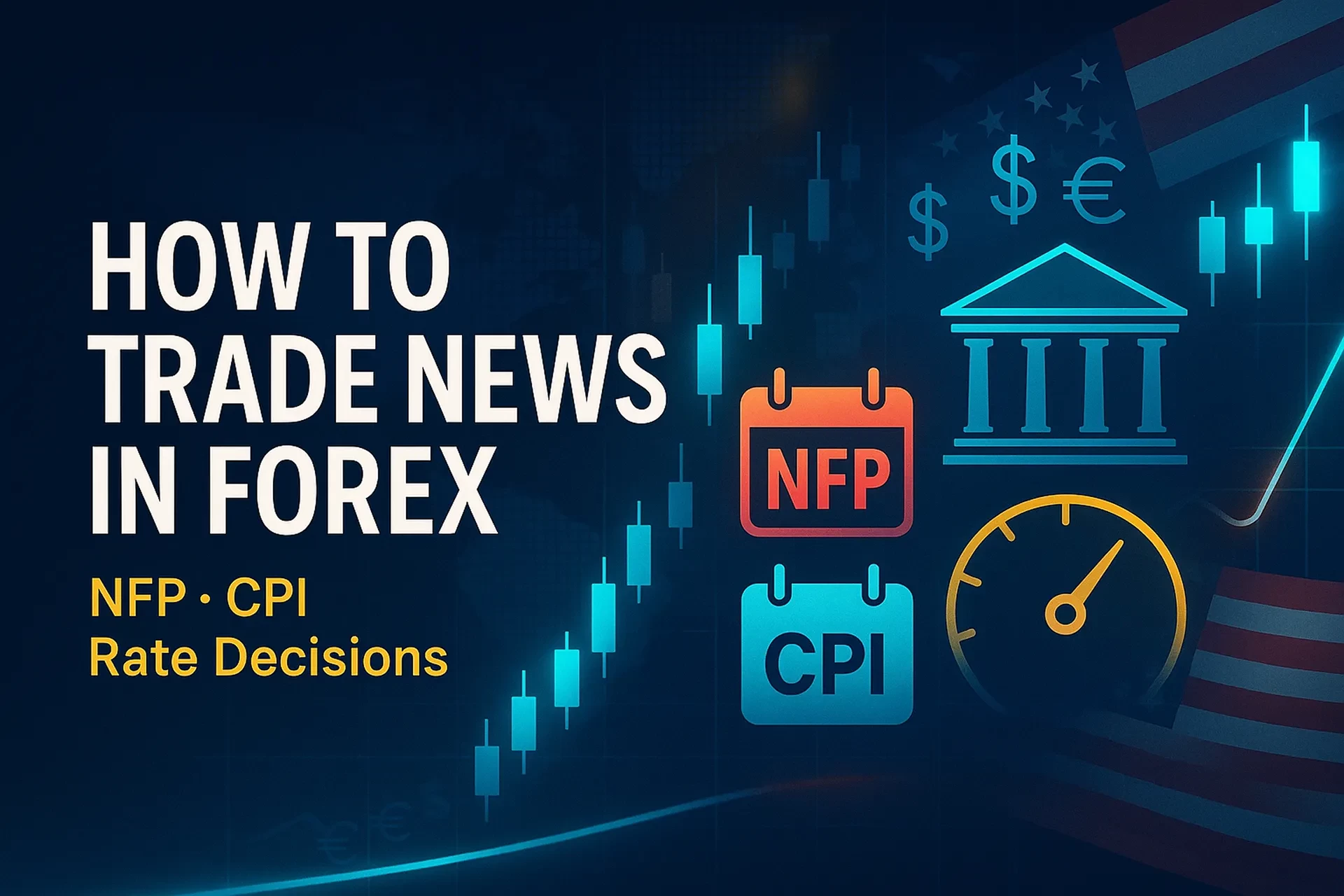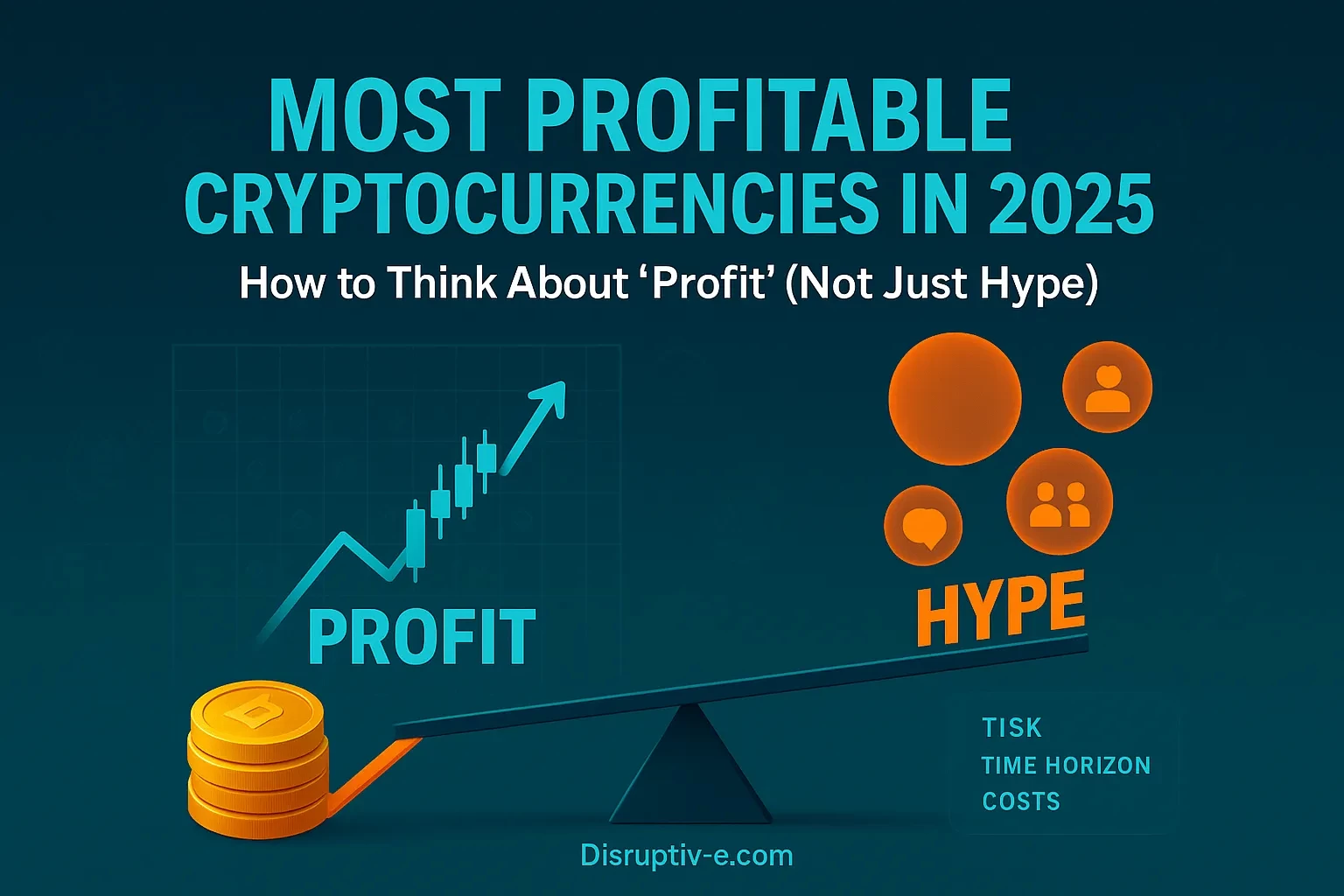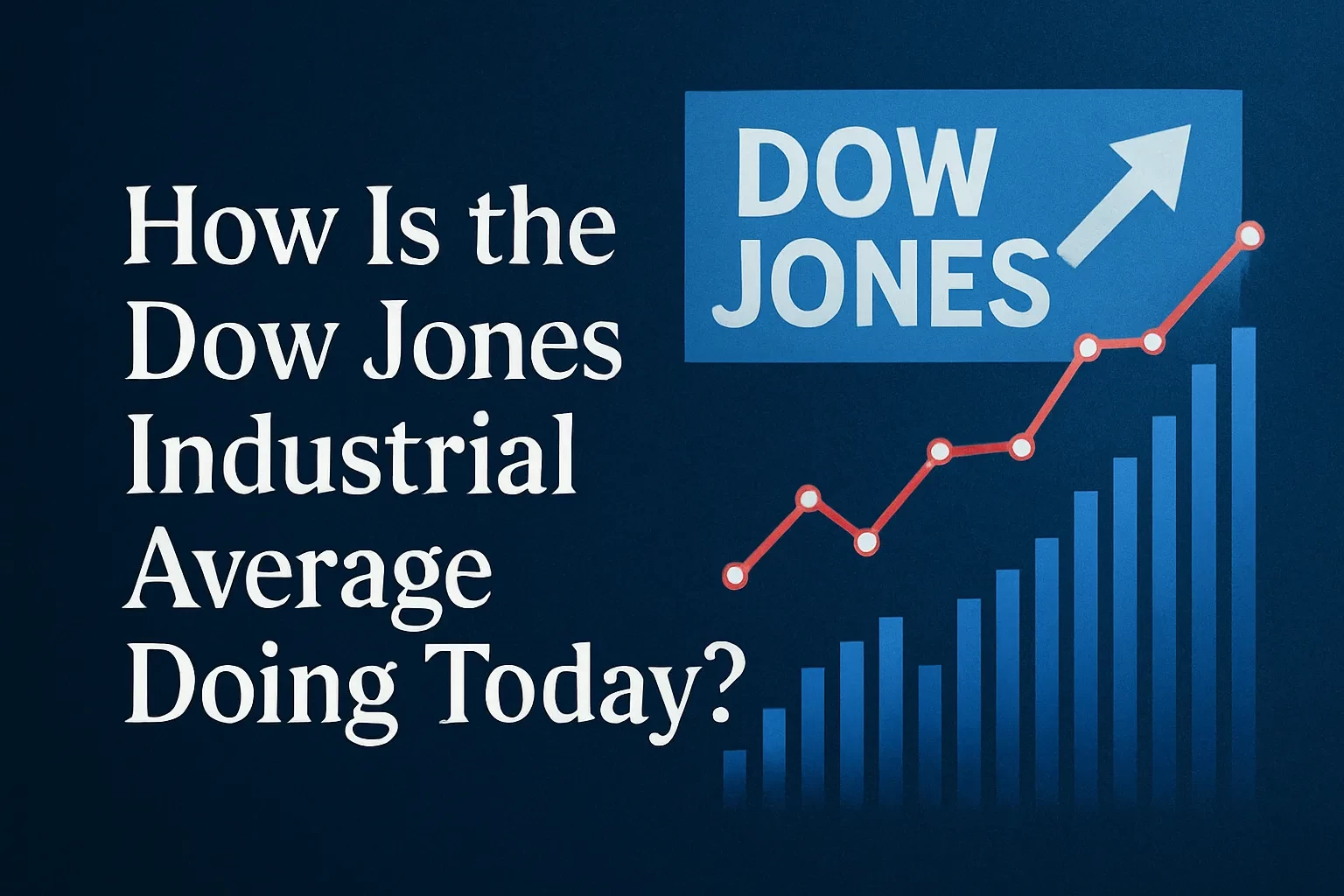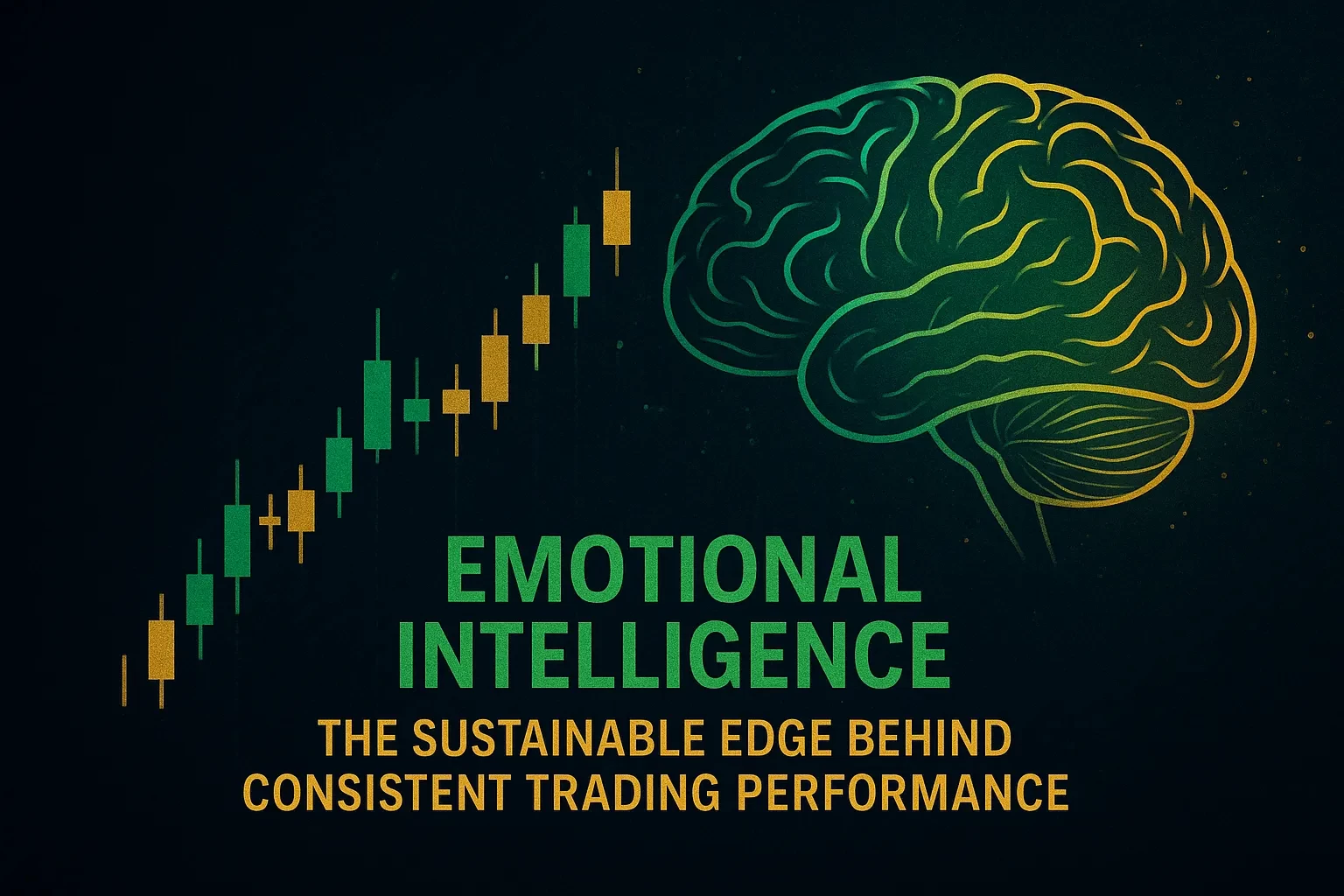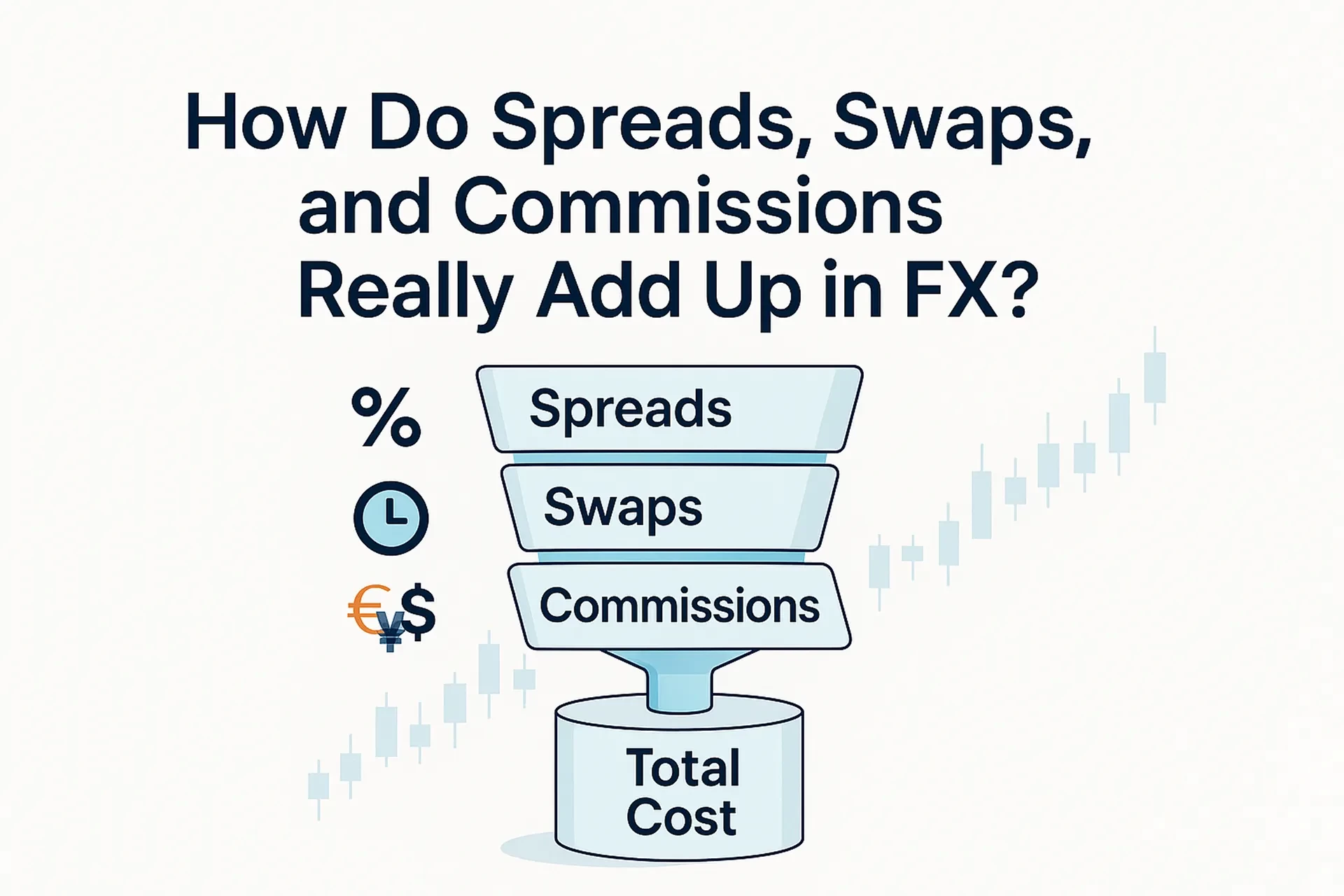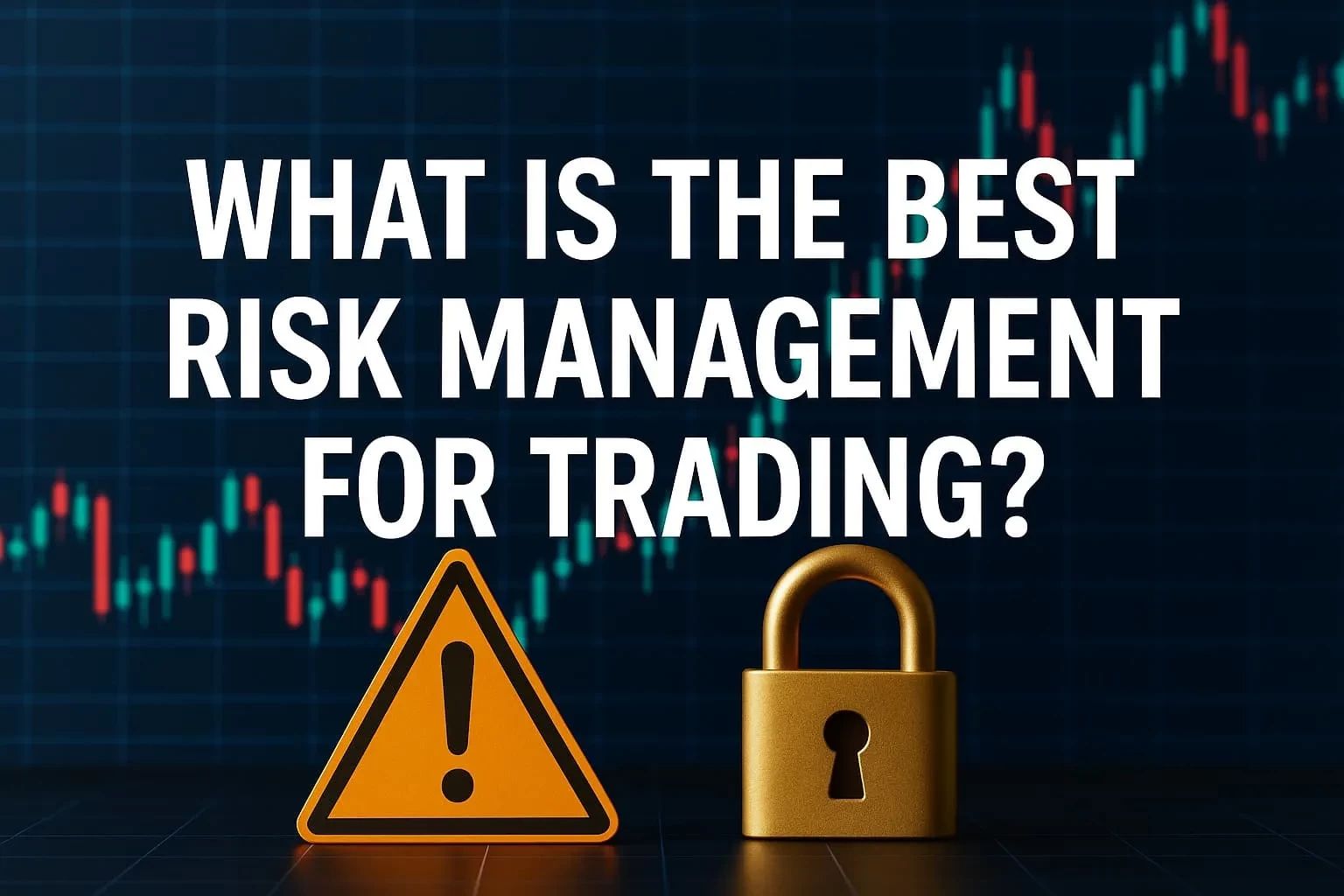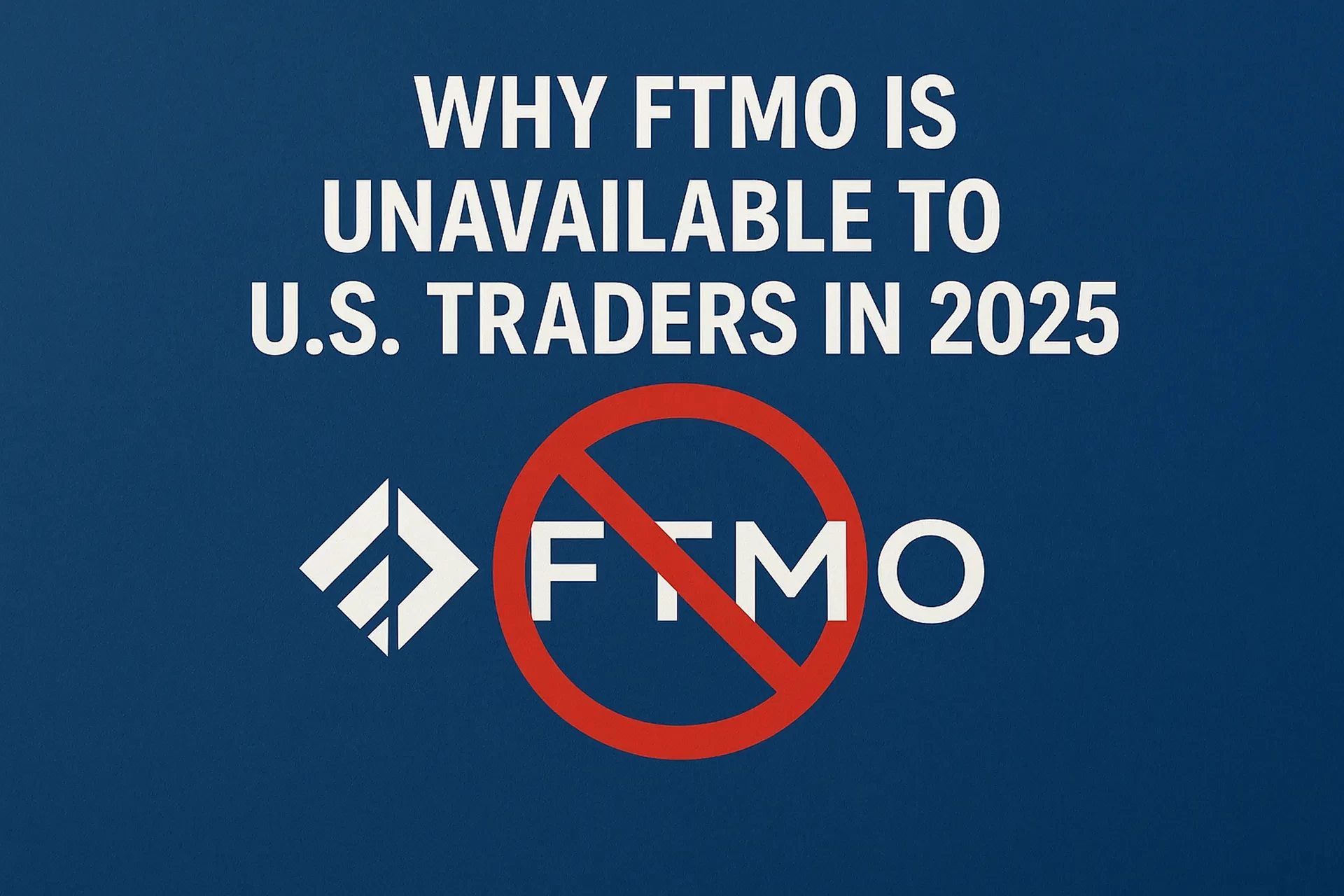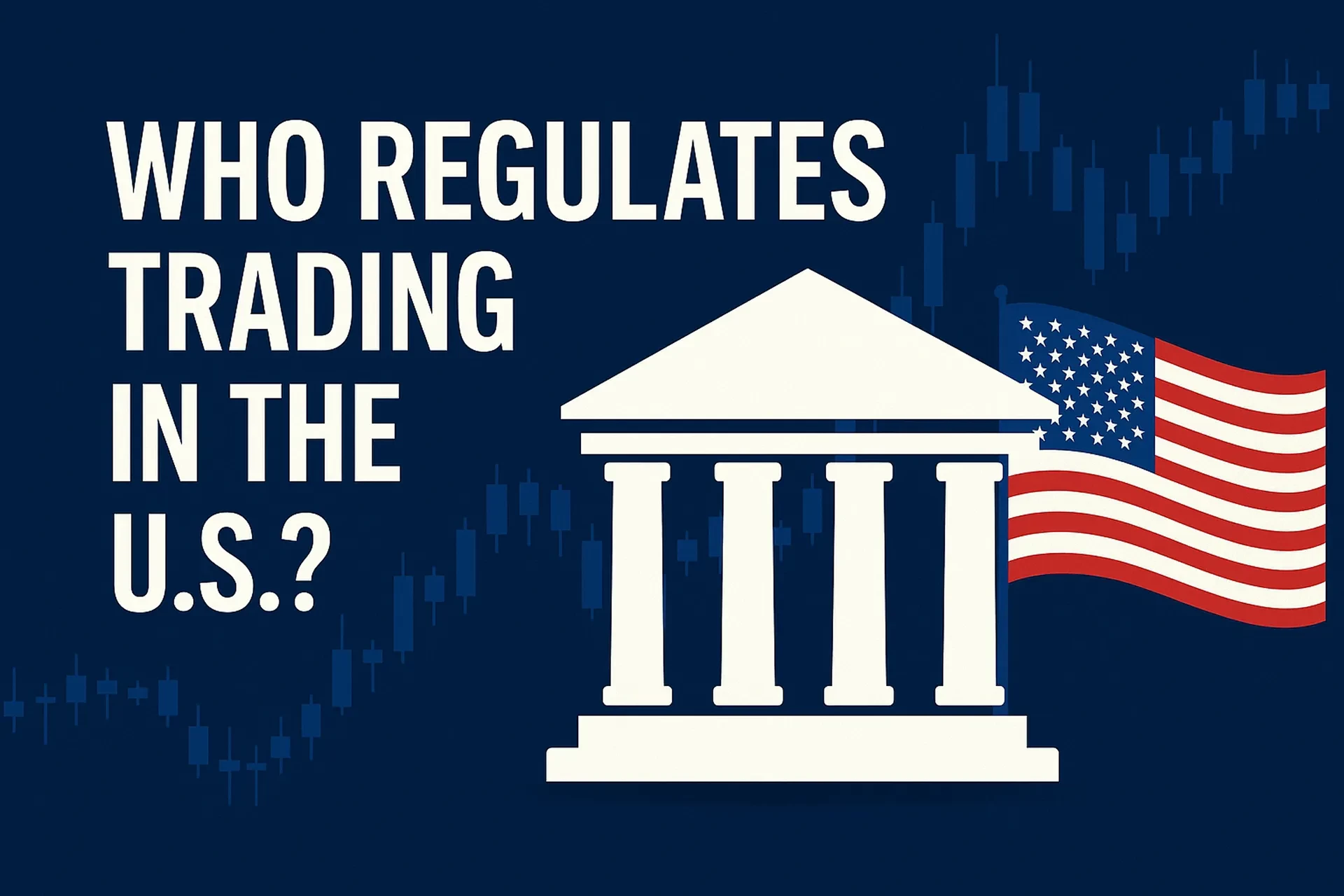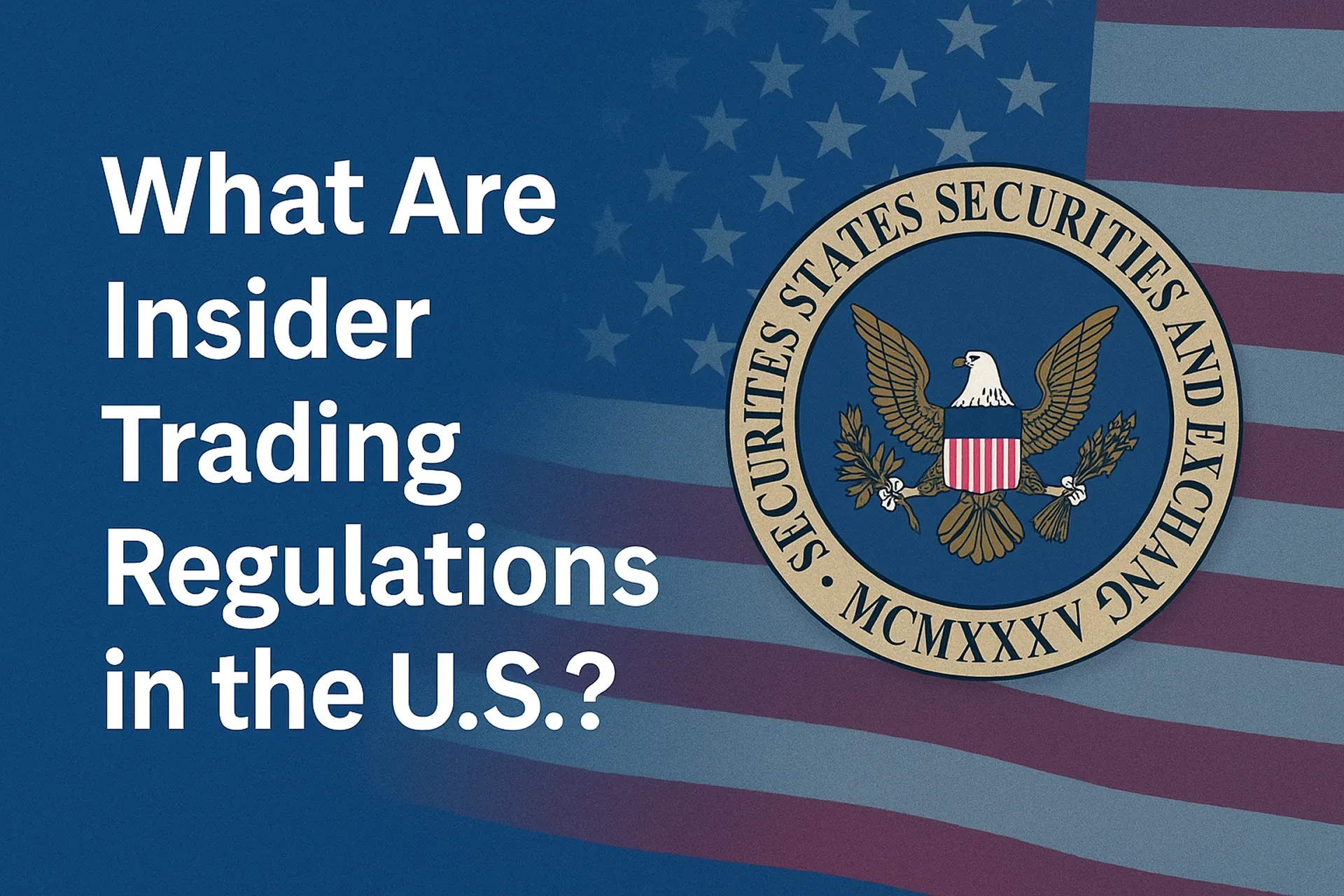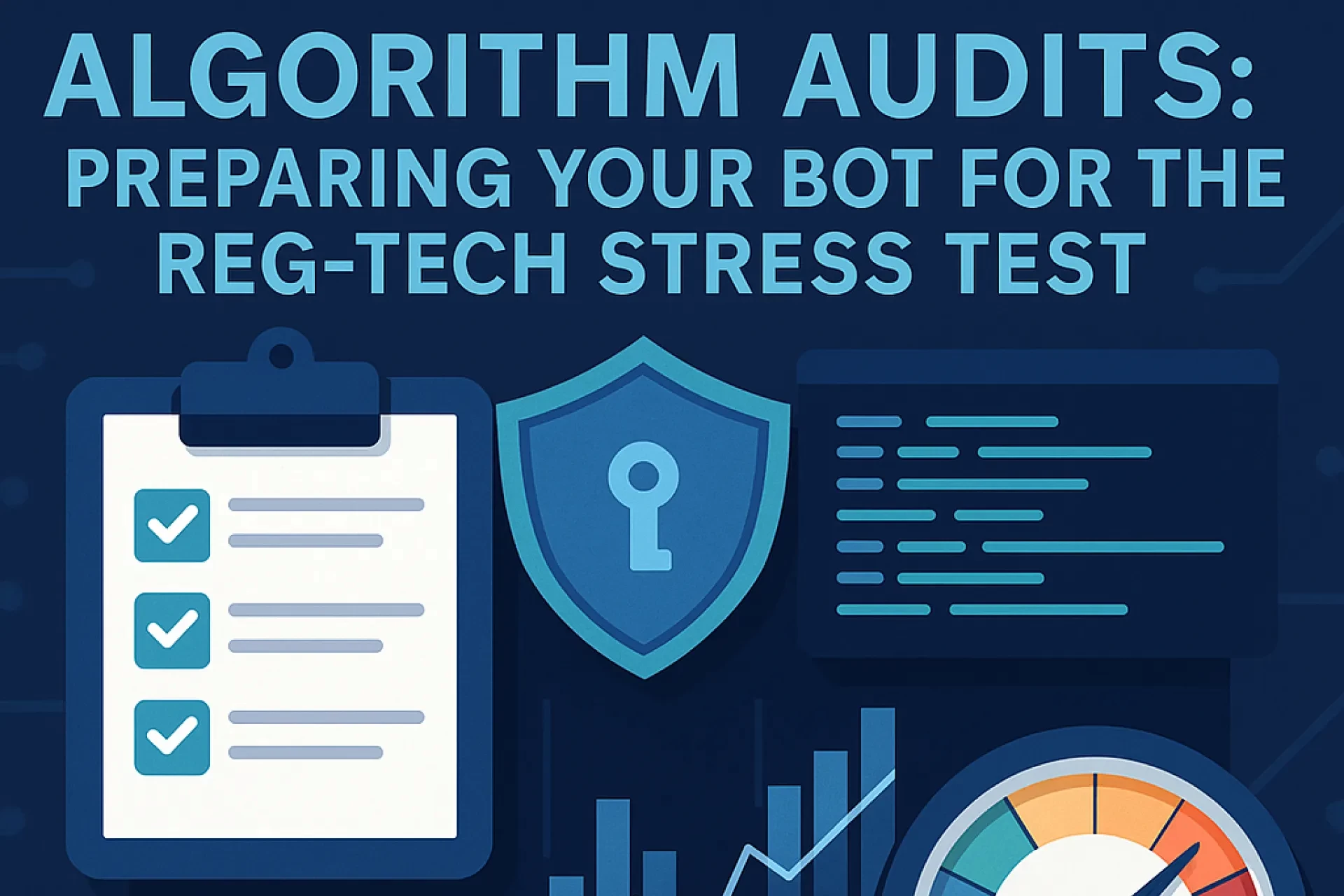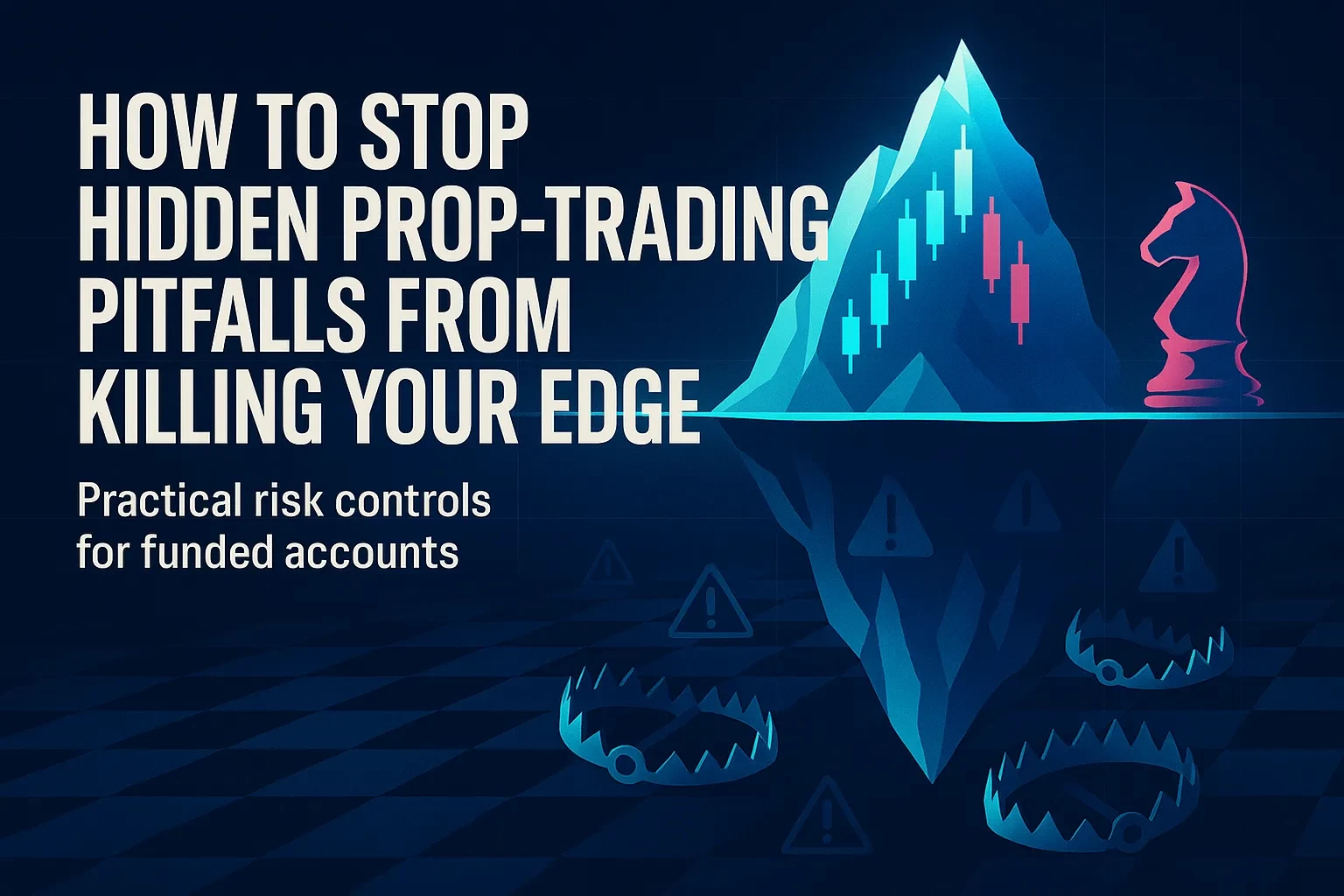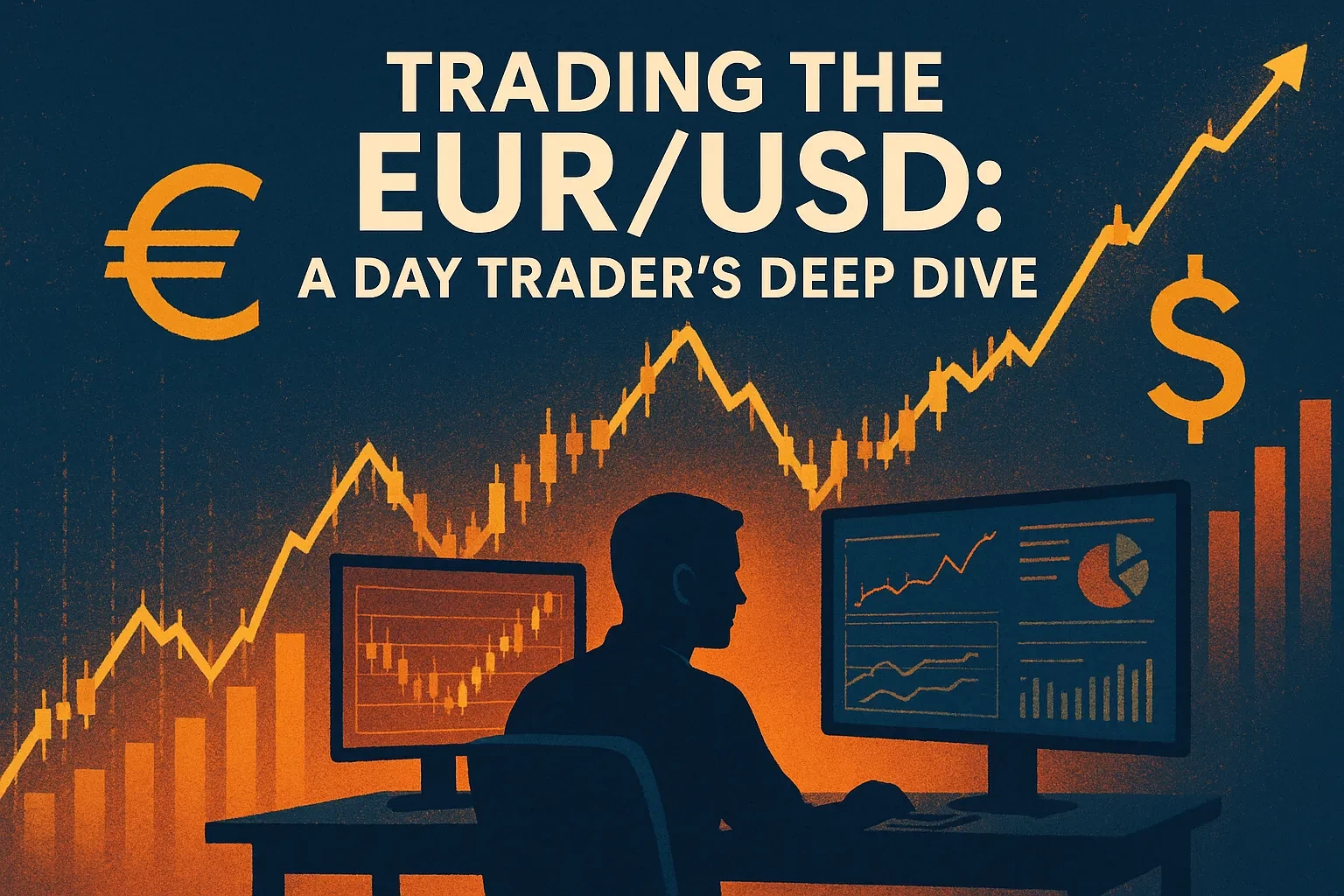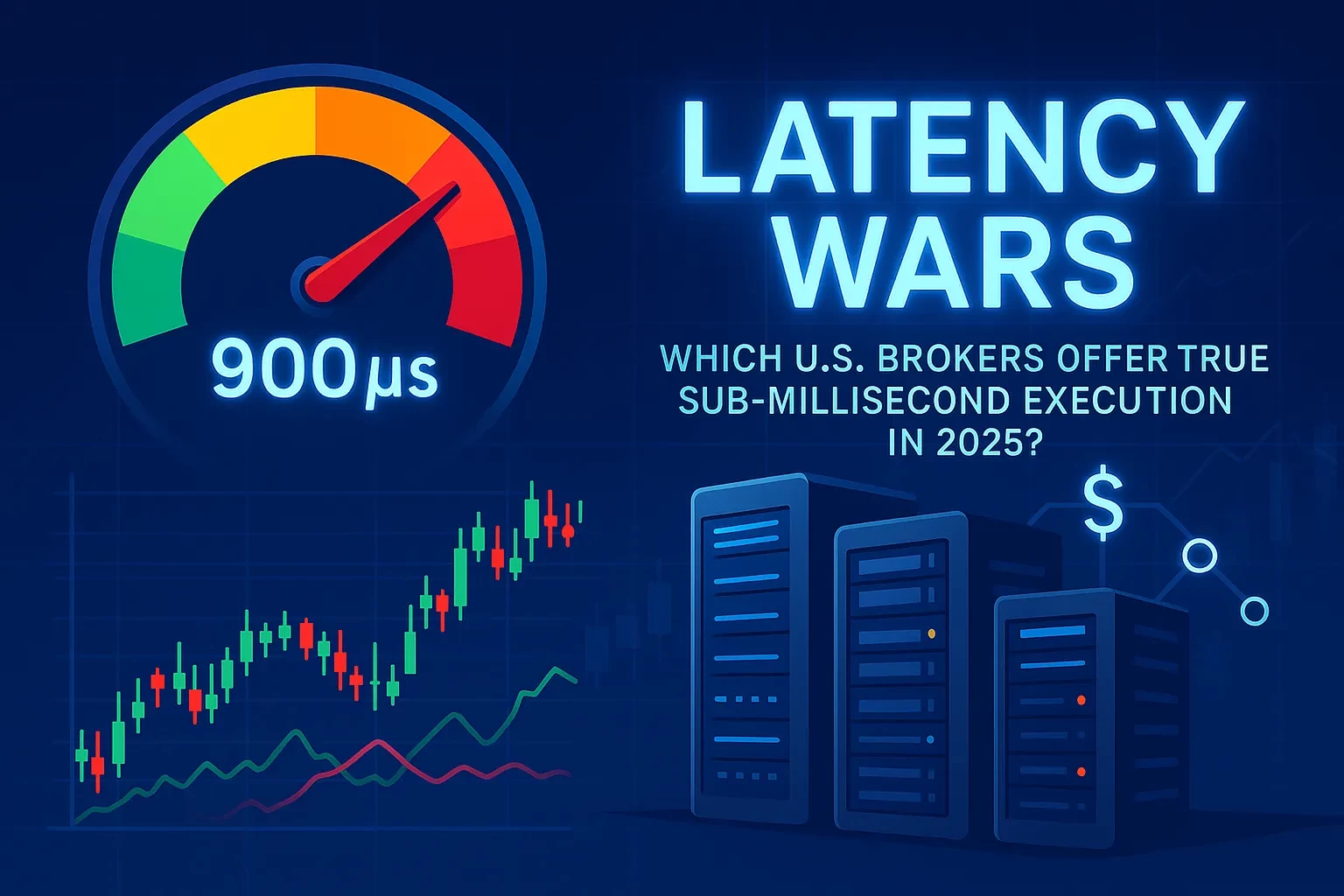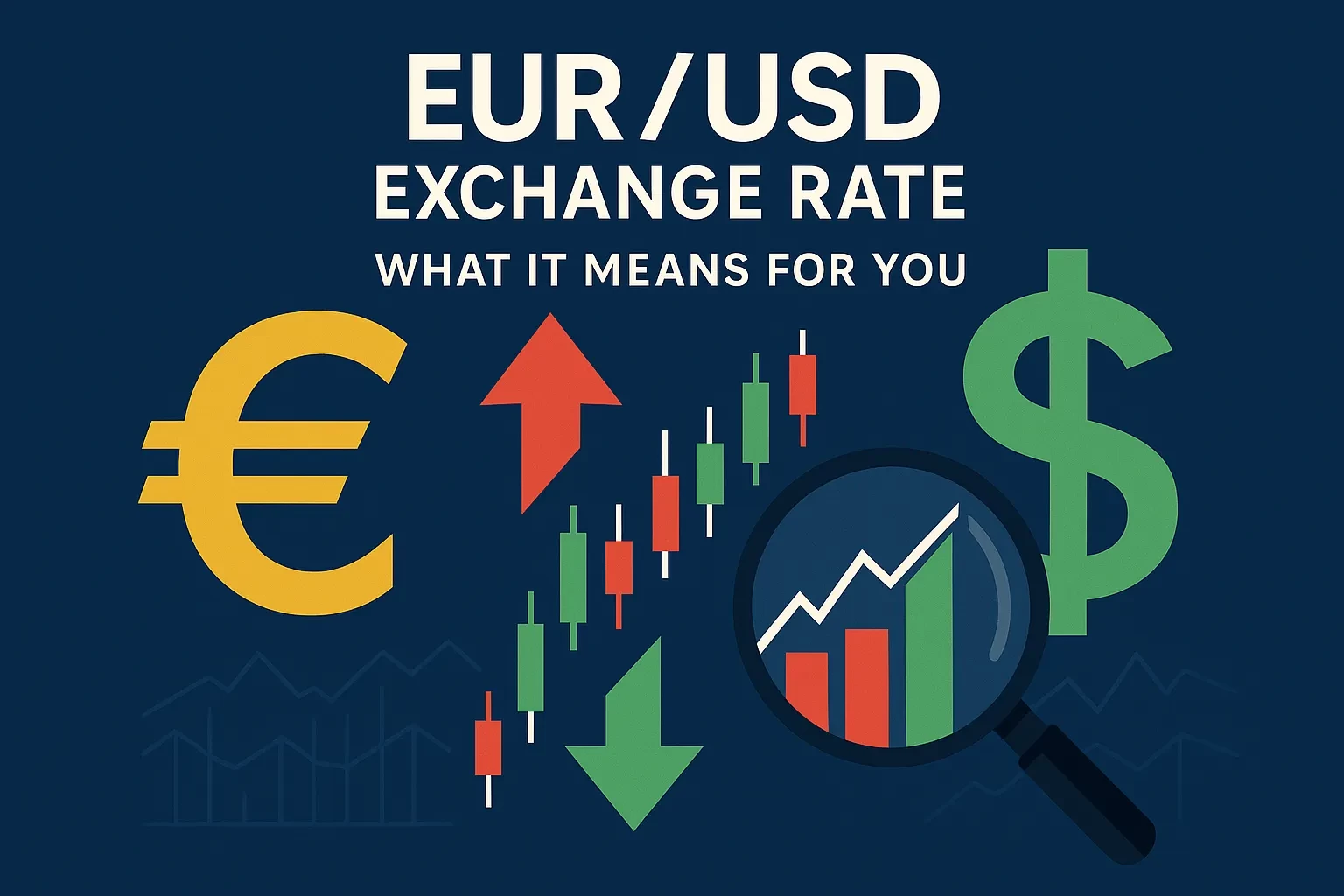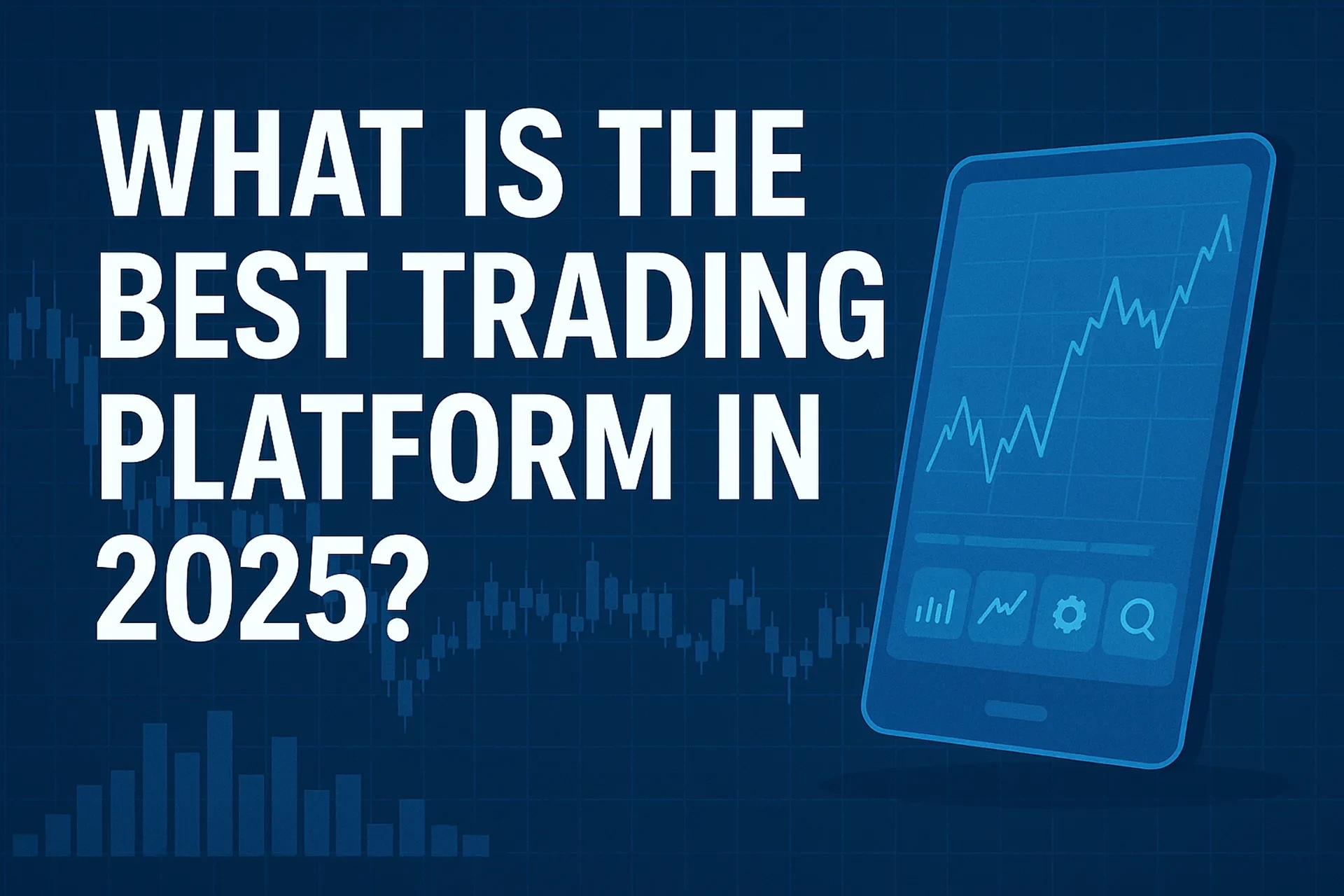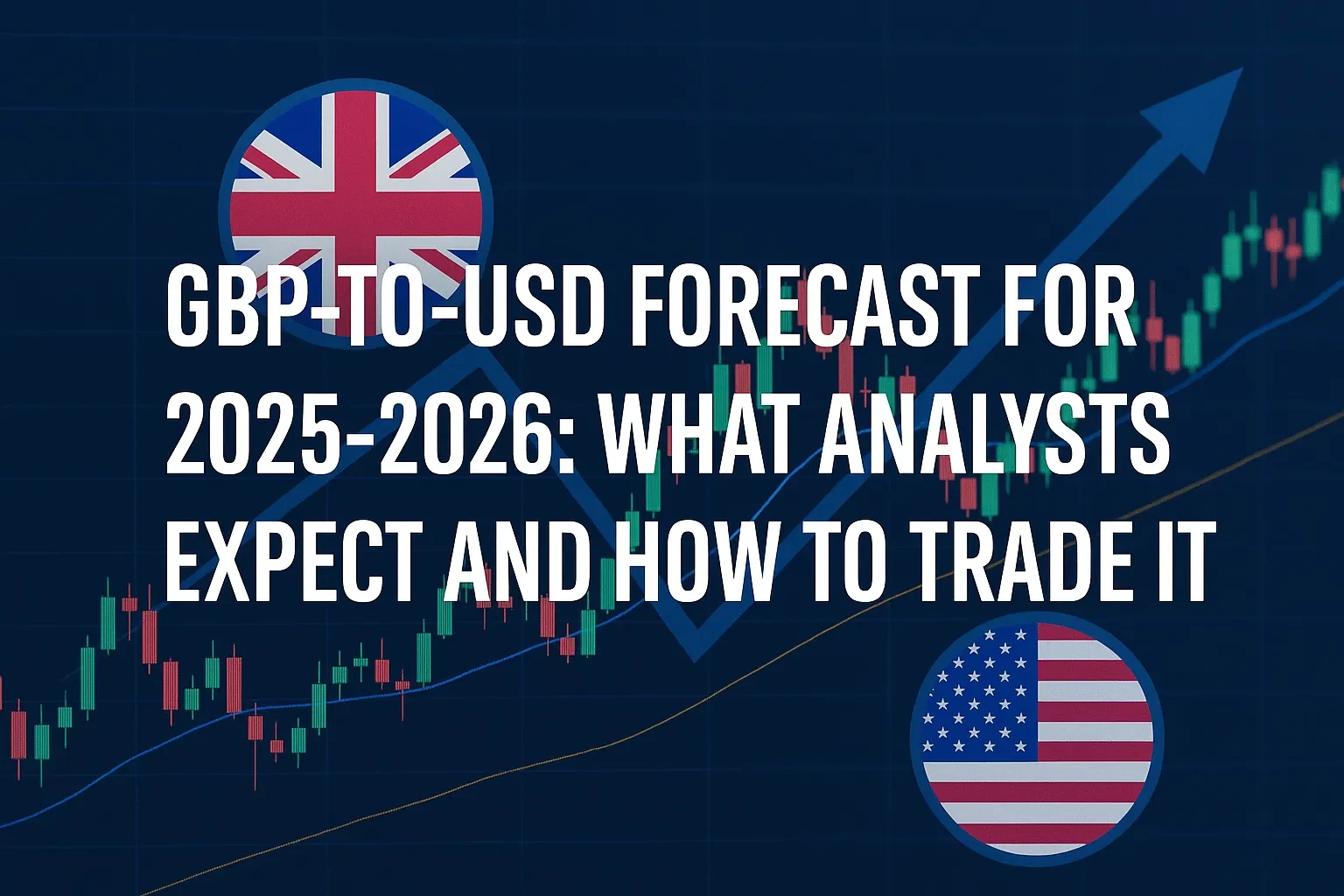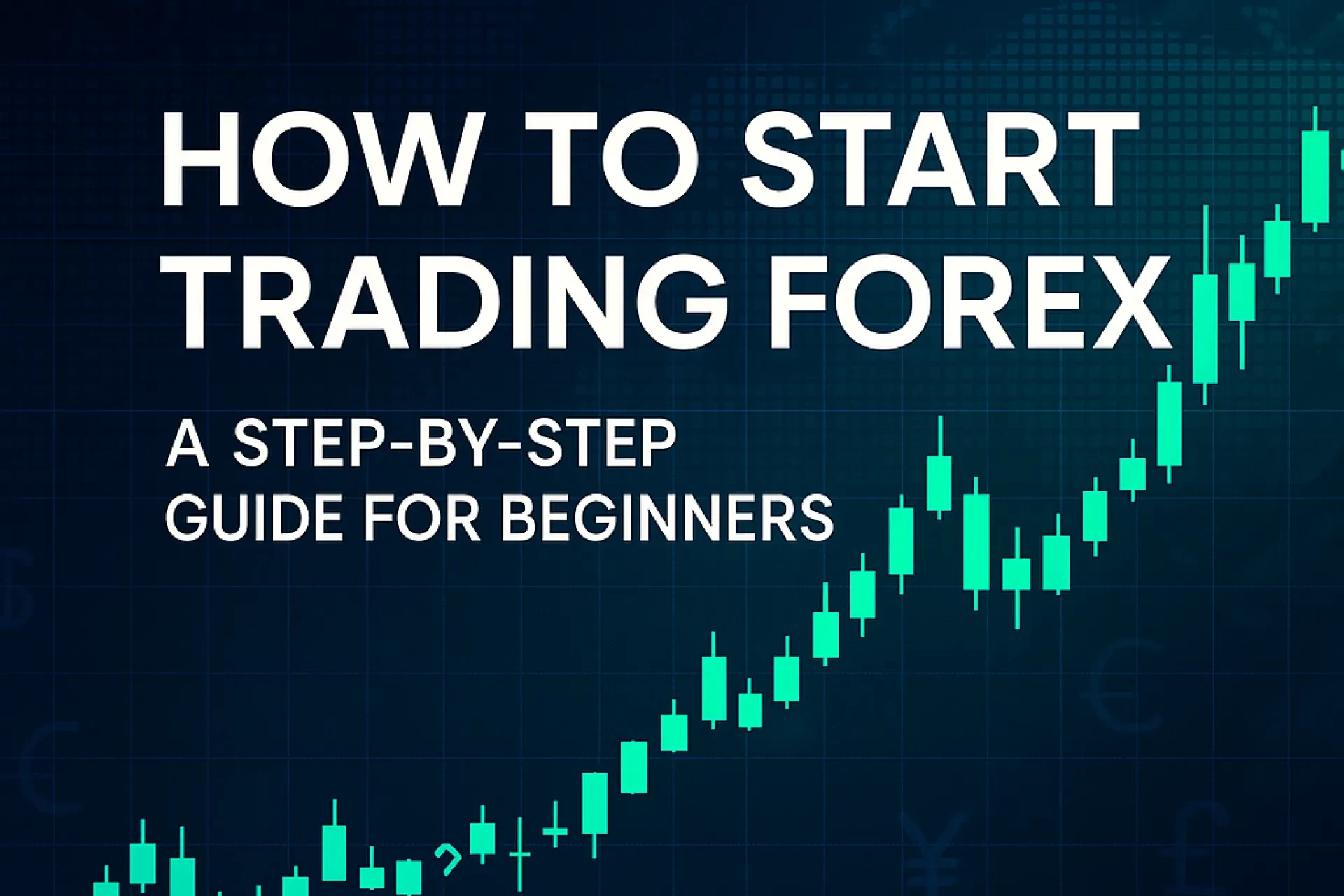Answer up front: The “global” FTMO product isn’t open to U.S. residents in 2025. Instead, FTMO offers a separate FTMO US program—run with OANDA affiliates—that’s available only to U.S. residents and not offered in five states (AR, DE, LA, MT, SC). Both the global and U.S. offerings are simulated, unregulated evaluation programs, not brokerage accounts, and their availability reflects U.S. regulatory complexity and risk management decisions by the firms (FTMO, 2025; FTMO x OANDA, 2025).
Table of Contents
Why the conflicting messages—and why this matters now
You’ve probably noticed mixed messages online: some say “FTMO is banned in the U.S.,” others claim “FTMO works fine in the U.S. if you know the trick.” Here’s the current reality. FTMO’s main (global) site routes U.S. residents to a dedicated FTMO US portal, operated through JV Prop Corporation (FTMO Group) with an OANDA affiliate handling the “rewards” stage (signal-provider model). FTMO explicitly states that none of these services are overseen by a financial regulator and that access is simulated—not a real-money brokerage account (FTMO, 2025; FTMO x OANDA, 2025). In parallel, U.S. regulators have turned up the heat on retail-facing trading schemes and mis-marketing, which makes firms cautious about how—and to whom—they offer evaluation products (CFTC, 2024; CFTC, 2025; NFA, 2024–2025).
Risk disclaimer (plain English): Prop evaluations are not investments. You can lose your fee and your time; there are no guaranteed returns. Past performance doesn’t predict future results. Always test on demo, size small, and assume your next trade can be a loss.
What FTMO is—and what it’s not (definitions & context)
• Prop evaluation program (simulated): You pay a fee to attempt an evaluation (the “Challenge” and “Verification”). If you pass the rules, you may be offered a simulated “rewards” account where your performance can generate a payout under a contract. This is not a brokerage account, no deposits, and no customer funds are held for trading (FTMO, 2025; FTMO x OANDA, 2025).
• U.S. brokerage vs. prop sim: In the U.S., real retail forex requires dealing with a registered RFED/FCM; futures require an FCM; both are under CFTC oversight and NFA self-regulation with financial reporting (CFTC, 2024–2025). Sim prop programs don’t fit those boxes because they’re not taking customer trading deposits (CFTC FCM/RFED, 2024–2025).
• Why the separate “FTMO US”? Jurisdictional risk: the firm structures U.S. access through a U.S. entity (JV Prop Corporation) with an OANDA affiliate for the “rewards/signal” stage, while excluding specific states that heighten legal complexity (FTMO x OANDA, 2025).
Why U.S. access is restricted in 2025 (root causes)
1. Regulatory ambiguity around retail-facing “prop” models. These programs blur lines between education, performance marketing, copy/signal arrangements, and pseudo-brokerage. The CFTC and NFA have prioritized mis-marketing and retail protection, achieving record enforcement in FY2024 (CFTC, 2024) and continuing investor education initiatives in 2024–2025 (NFA, 2024–2025). Firms respond with conservative geofencing and bespoke U.S. structures.
2. Heightened scrutiny after high-profile cases. Although a federal court sanctioned the CFTC and dismissed its case against My Forex Funds in 2025, the episode reinforced industry caution: even if enforcement overreaches, the process risk is real and costly (Reuters, 2025; Special Master report, 2025). Prop firms tightened U.S. exposure rather than expanding it.
3. State-level complexity. FTMO US itself doesn’t serve residents of AR, DE, LA, MT, SC, illustrating that not all states are equally “prop-friendly” for simulated, performance-based arrangements (FTMO x OANDA, 2025).
4. Investor-protection trends beyond the U.S. International bodies (e.g., IOSCO) flagged risks around copy/mirror trading and social distribution—areas adjacent to how some prop payouts are operationalized—nudging firms to avoid gray zones (IOSCO, 2024–2025).
Bottom line: To limit regulatory risk, FTMO routes U.S. traders to a separate, simulated, unregulated U.S. program with narrower availability and specific contractual mechanics, instead of offering the global product directly in the U.S. (FTMO, 2025; FTMO x OANDA, 2025).
How FTMO Global vs. FTMO US differ (at a glance)
| Topic | FTMO Global (Main site) | FTMO US (with OANDA affiliate) |
|---|---|---|
| Who can join | Non-U.S. residents (U.S. routed away) | U.S. residents only; not in AR, DE, LA, MT, SC |
| Regulatory status | Simulated, not a broker; unregulated program | Simulated evaluation + rewards via signal agreement; not under regulator oversight |
| Corporate structure | FTMO Group (Czech Republic) | JV Prop Corporation (FTMO Group) + OANDA Prop US Corp. handling rewards |
| Payments/tax | Local terms | U.S. TIN (e.g., SSN), W-9, U.S. bank proof to receive rewards |
Takeaway: Both are simulated and unregulated programs, but FTMO US is a ring-fenced, U.S.-specific pathway with additional eligibility hurdles (FTMO, 2025; FTMO x OANDA, 2025).
Step-by-step: What to do if you’re a U.S. trader in 2025
1. Confirm eligibility by state. If you reside in AR, DE, LA, MT, or SC, FTMO US isn’t currently available (FTMO x OANDA, 2025). Consider alternatives (see Risks & Options).
2. Read the legal pages—twice. Note that no regulatory protections attach to FTMO US services; it’s a contract for simulated performance (FTMO x OANDA, 2025).
3. Assess real trading needs. If you want genuine market access with customer protections, look at registered RFED/FCMs for retail forex or futures brokers for CME products. Verify registration and financials via CFTC/NFA tools (CFTC FCM/RFED data, 2024–2025; NFA investor page, 2024–2025).
4. Evaluate the evaluation. Sim rules often include max drawdown, daily loss, news trading restrictions, and platform constraints. Ensure those match your edge before paying a fee (firm FAQs, 2025).
5. Backtest first; then rehearsal trade. Run your exact rules on demo for at least 30 trading days. Target risk per trade ≤ 0.5% and confirm that your max expected drawdown fits within the challenge limits.
6. Track true expectancy. Compute E = (Win% × AvgWin) − (Loss% × AvgLoss) on your strategy using at least 100 trades. If E is negative or barely positive before fees, a challenge fee won’t fix it.
7. Plan the payout path. Payouts rely on a contractual rewards mechanism, not direct market P&L. Read the Signal Provider Agreement terms before starting (FTMO x OANDA, 2025).
Pros, cons & risk management (with concrete mitigations)
Pros
• Defined constraints (risk caps, drawdown rules) can discipline your process.
• Low capital at risk vs. funding a live futures/FX account, since there’s no deposit—only fees.
• Scalable path if your strategy already fits the rule set.
Cons
• Rule-fit risk: Your edge might be incompatible with daily loss or news blackout windows; “good” live strategies can fail a challenge.
• Contract risk: Payouts depend on program terms and continued eligibility, not on exchange-cleared profits.
• Availability gaps: Five states excluded; no regulator oversight reduces complaint/restitution avenues (FTMO x OANDA, 2025).
Risk mitigations you can implement now
• Trade-plan compression: Write a one-page plan that maps every rule (daily loss, trailing drawdown, weekend holding) to concrete position-sizing logic.
• Variance budget: If your backtest shows a worst 10-trade drawdown of −6%, set per-trade risk ≤ 0.3% to keep a 10-trade losing streak inside a 5% daily/overall cap.
• News protocol: If your setup is news-sensitive, restrict entries during the 15–30 minutes around major releases (CPI, NFP, FOMC). This mirrors common prop restrictions and reduces slippage blowups (industry norms; verify in FAQs for your program).
A practical mini case study (simple math)
Suppose your day-trading strategy on major FX pairs has:
• Win rate: 48%
• Average win: +1.3R
• Average loss: −1.0R
• Max daily loss rule: −5R (e.g., daily cap aligned with program rules)
Expectancy: E = 0.48×1.3 − 0.52×1.0 = +0.104R per trade.
If you place 6 trades/day, the expected daily edge is +0.624R.
But variance bites. A 6-trade losing day equals −6R—beyond a −5R cap—so you must cut trade count or risk. To keep worst-case within rules:
• Reduce per-trade risk so 6 losses = −4.8R (e.g., 0.8× current size), or
• Cap yourself at 5 trades/day when the first three are losers.
This is the reality of passing evaluations: position sizing + trade count must be engineered to the rule set, not just to your “alpha.”
Common mistakes (and expert fixes)
• Mistake: Treating prop payouts like broker profits.
Fix: Read that it’s simulated and contractual; rely on independent proof of registration only when using actual brokers (CFTC/NFA registries) (CFTC, 2024–2025; NFA, 2024–2025).
• Mistake: Ignoring state exclusions and tax forms.
Fix: Confirm state eligibility and have TIN + W-9 ready before you pay a fee (FTMO x OANDA, 2025).
• Mistake: Over-trading into the daily loss.
Fix: Pre-allocate a daily variance budget (e.g., three attempts at 0.3–0.5% risk each).
• Mistake: Trading through major data drops without slippage modeling.
Fix: Build a news filter; many programs limit or prohibit trading around high-impact releases—mirror that in your plan (firm FAQs, 2025).
Compliance landscape you should know (U.S.)
• CFTC (Commodity Futures Trading Commission): oversees futures/derivatives markets and retail forex via RFED/FCM rules; announced record enforcement in FY2024 (CFTC, 2024).
• NFA (National Futures Association): self-regulatory org for derivatives; provides investor education and supervisory guidance updates (NFA, 2024–2025).
• SEC/FINRA/NASAA: coordinate investor-protection messaging; relevant if your activity crosses into securities or marketing claims (SEC OIEA bulletin, 2024).
Plain-English risk disclaimer:
Trading currencies, futures, and options involves significant risk of loss and isn’t suitable for every investor. Past performance doesn’t guarantee future results. This article is educational and not investment advice. Always test ideas on a demo and consult a qualified advisor on suitability.
FAQ (People Also Ask)
Conclusion: Your next steps
• If you’re in the U.S. and curious about FTMO, understand you’ll use FTMO US, which is simulated and unregulated, with five state exclusions and contractual payouts—not broker profits (FTMO x OANDA, 2025).
• If your goal is regulated trading access, choose registered RFED/FCMs (forex) or FCMs (futures) and validate on CFTC/NFA sites (CFTC/NFA, 2024–2025).
• Whatever path you take: demo and backtest first, size ≤0.5% per trade, implement a news filter, and pre-commit to daily loss stops. Treat evaluation fees like tuition—never as an investment.
Affiliate disclosure: If you click a link that leads to a product or service we recommend, we may earn a commission. That never affects our editorial independence.
